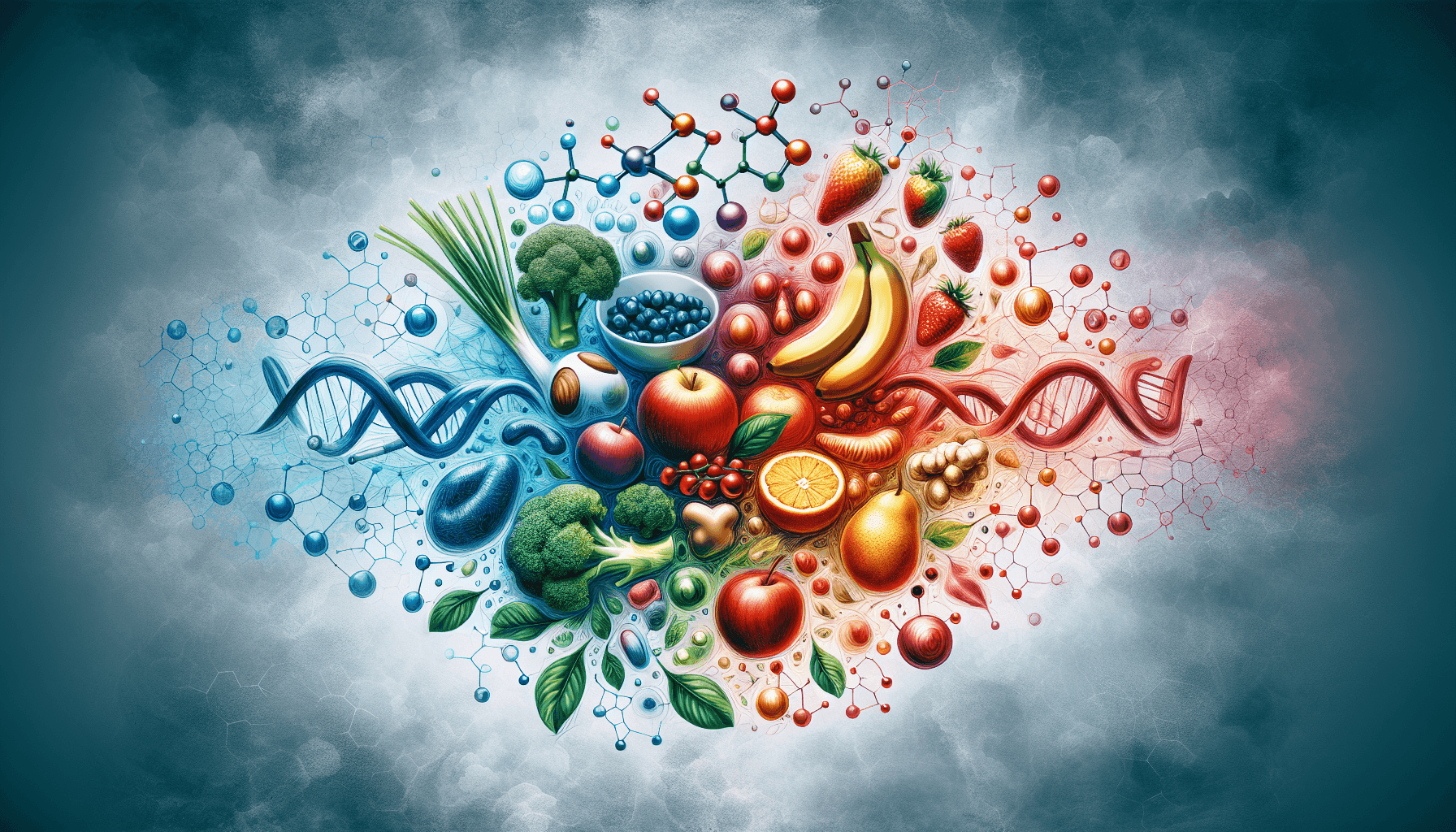Our overall health and well-being are influenced by a variety of factors. One crucial factor that plays a significant role in our overall health is the delicate balance of hormones within our bodies. Hormones act as chemical messengers, controlling various bodily functions and processes, including metabolism, growth, mood, and reproduction. Maintaining hormonal balance is crucial for optimal health and vitality.
The Impact of Nutrition on Hormonal Balance
When it comes to hormonal balance, nutrition plays a vital role. The food we consume provides our bodies with the necessary nutrients to support hormonal production and function. Certain nutrients are particularly important for hormone synthesis, while others help with hormone regulation and balance.
One essential nutrient group for hormonal balance is healthy fats. Fats are the building blocks of hormones, and they play a crucial role in hormone production. Incorporating healthy fats into your diet, such as avocados, coconut oil, and fatty fish, can help support hormonal balance.
Another key nutrient group for hormonal balance is protein. Proteins are made up of amino acids, which are the building blocks for various hormones. Ensuring an adequate intake of high-quality protein sources like lean meats, poultry, eggs, and legumes can support proper hormone synthesis.
Additionally, vitamins and minerals are essential for hormonal balance. Certain vitamins and minerals act as cofactors in hormone production and metabolism. For example, vitamin D is crucial for the synthesis of hormones involved in calcium regulation, while zinc plays a vital role in testosterone production. Including a variety of nutrient-dense foods in your diet, such as fruits, vegetables, nuts, and seeds, can help ensure you are getting an adequate supply of these important micronutrients.
Furthermore, maintaining balanced blood sugar levels is crucial for hormonal balance. When blood sugar levels spike or drop significantly, it can disrupt the delicate balance of hormones in our bodies. To keep blood sugar levels stable, it is important to consume a diet rich in complex carbohydrates, healthy fats, and fiber. Avoiding sugary and processed foods can also help prevent blood sugar spikes and crashes.
Moreover, the gut-brain axis connection plays a significant role in hormonal balance. The health of our gut directly influences our hormonal health. A diet rich in fiber, fermented foods, and probiotics can support gut health and promote hormonal balance.
Hydration is another essential aspect of maintaining hormonal balance. Staying adequately hydrated helps support the production, transportation, and metabolism of hormones within our bodies. Make sure to drink enough water throughout the day to keep your body and hormones well-hydrated.
Aside from nutrition, other lifestyle factors also have an impact on hormonal balance. Regular exercise, stress management techniques like meditation or yoga, and getting adequate sleep are all crucial for hormonal health.
Consulting with a healthcare professional or a registered dietitian can provide further guidance on personalized dietary strategies for maintaining hormonal balance. They can help assess your individual needs, identify any potential deficiencies, and recommend specific dietary changes or supplements if necessary.
In conclusion, nutrition plays a fundamental role in maintaining hormonal balance. Consuming a nutrient-dense diet that includes healthy fats, proteins, vitamins, and minerals can support hormone production and regulation. Additionally, maintaining stable blood sugar levels, supporting gut health, staying hydrated, and adopting a healthy lifestyle overall contribute to hormonal balance. By paying attention to our nutrition and making conscious choices, we can support our hormonal health and overall well-being.
For additional information on natural health and wellness, you may visit Eastside Ideal Health.

